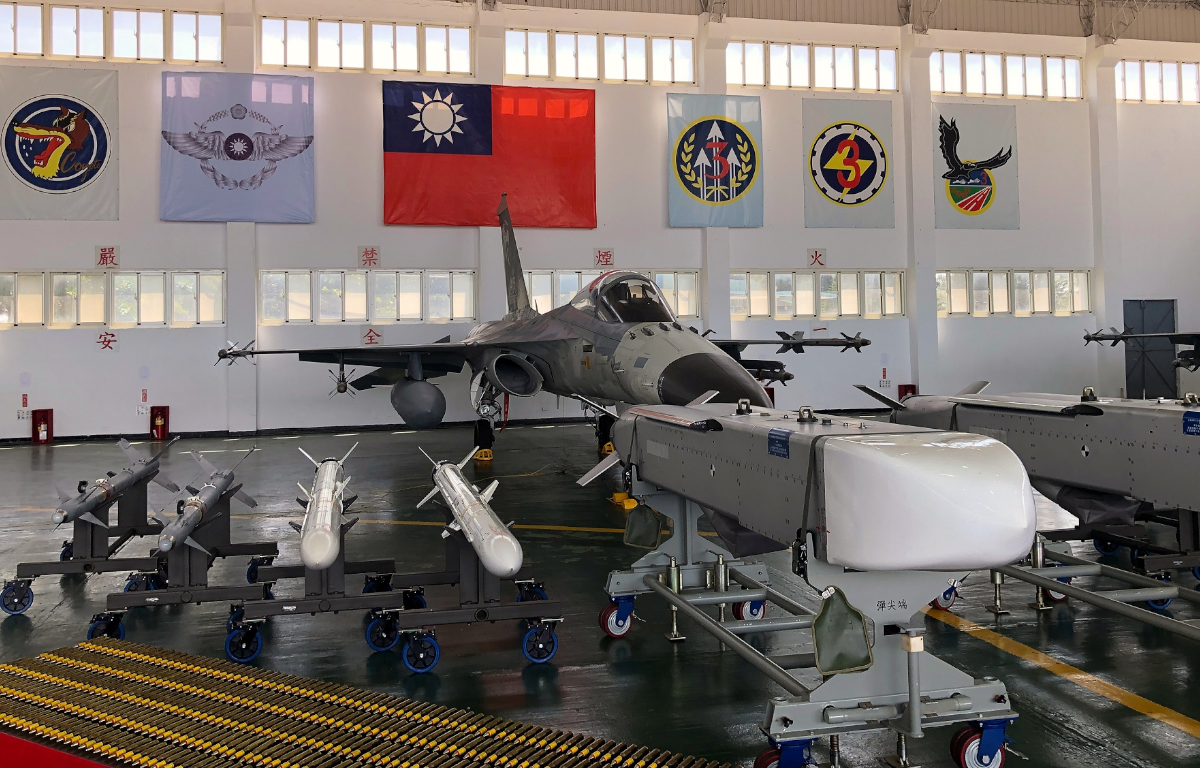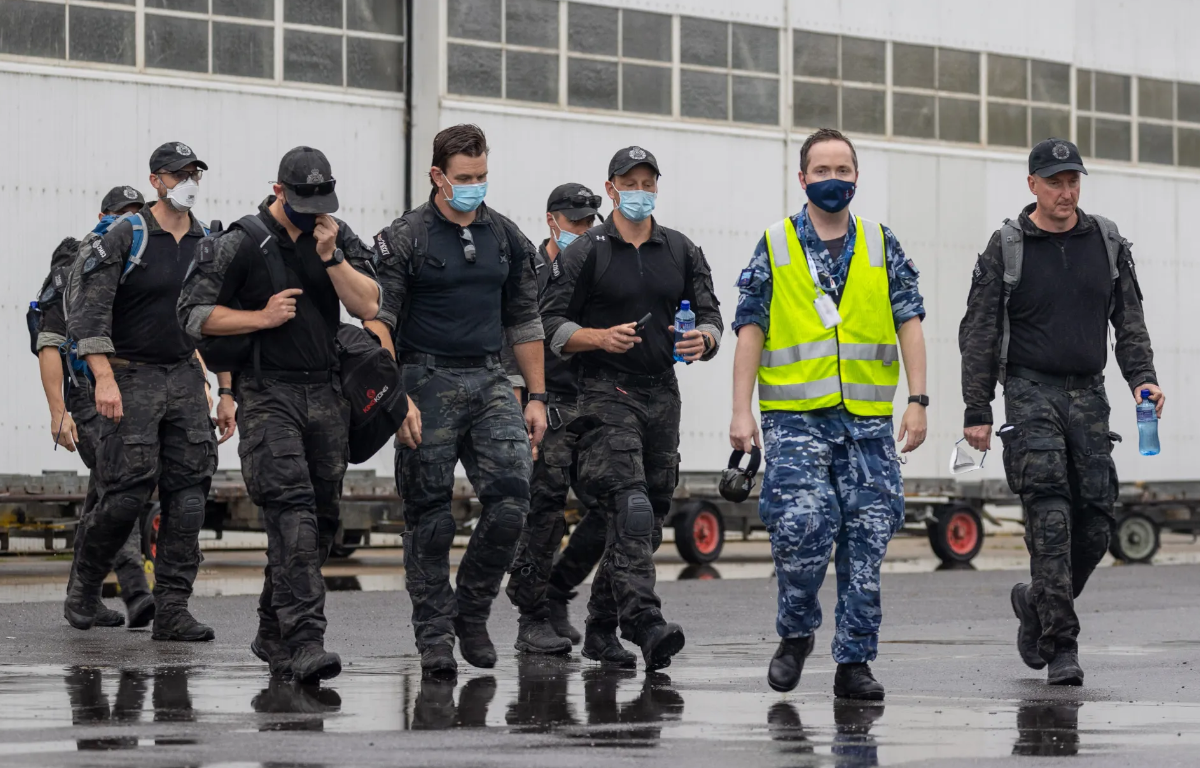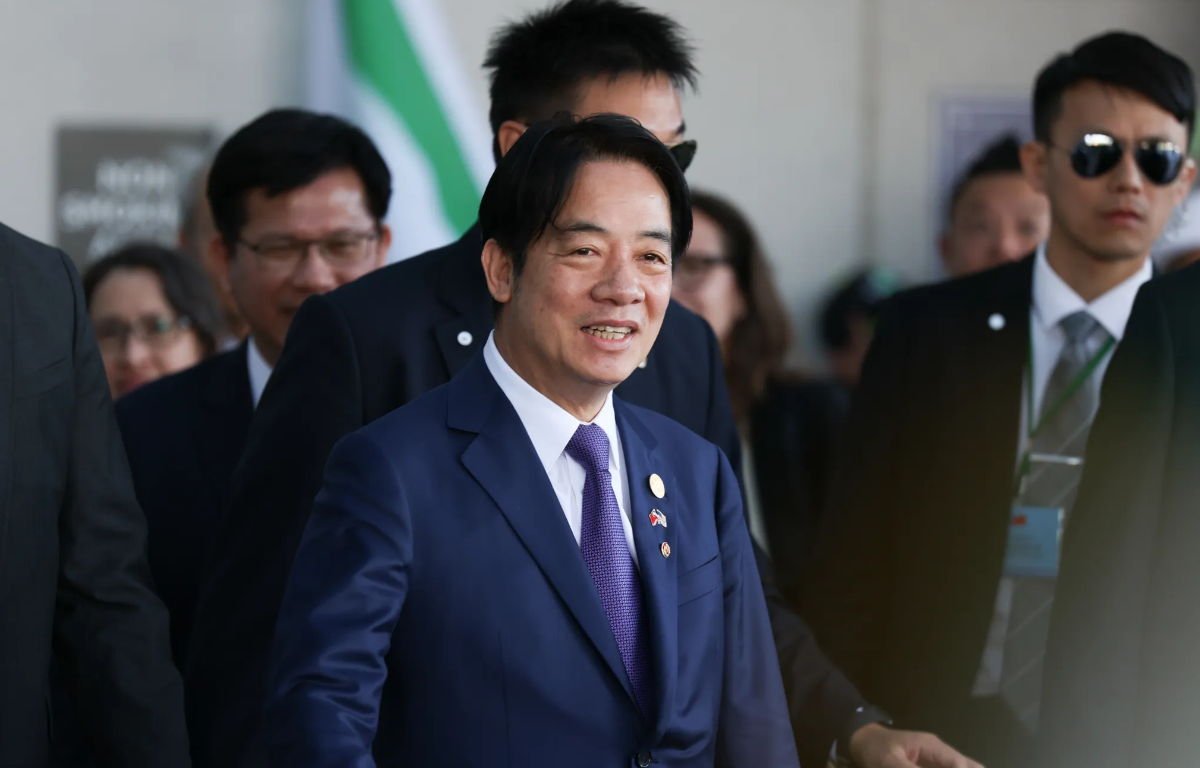
A recent attack in Moscow, attributed to an ISIS branch, has drawn attention to the group’s efforts to target the Taliban’s links with Russia, showcasing the intricate dynamics shaping regional security.
The attack in Moscow, which authorities have linked to an ISIS-affiliated group, underscores the ongoing threat posed by extremist organizations in the region. This incident serves as a stark reminder that despite territorial losses and internal upheavals, ISIS and its affiliates remain active and capable of carrying out attacks far beyond their traditional strongholds.
At the heart of this development is the evolving relationship between the Taliban and Russia. Following the Taliban’s return to power in Afghanistan, Moscow has sought to engage with the group, viewing it as a potential partner in addressing regional security challenges. This strategic calculus has led to diplomatic engagements and discussions aimed at fostering cooperation on various fronts.
However, ISIS and its affiliates perceive the Taliban’s relationship with Russia as a threat to their own interests and ambitions. The attack in Moscow is seen as a direct response to what ISIS views as collusion between the Taliban and Russia, particularly in matters related to security and regional influence.
The incident has broader implications for regional stability and counterterrorism efforts. It underscores the need for continued vigilance and cooperation among nations to combat extremist groups and prevent them from exploiting geopolitical complexities for their own agendas.
Furthermore, the attack serves as a wake-up call regarding the persistent threat posed by ISIS and similar organizations. Despite significant setbacks and global efforts to counter their influence, these groups continue to adapt, evolve, and find new ways to assert their presence and cause harm.
In response to the attack, Russian authorities have vowed to intensify efforts to combat terrorism and protect national security. This includes enhanced intelligence cooperation, targeted operations against extremist networks, and measures to strengthen border security and prevent the infiltration of militants.
The incident also prompts a reevaluation of diplomatic strategies and engagements in the region. It highlights the delicate balance between pursuing diplomatic initiatives, such as engaging with the Taliban, and mitigating the risks associated with extremist backlash and regional instability.
The recent attack in Moscow attributed to an ISIS branch targeting the Taliban’s Russia links underscores the intricate geopolitical dynamics at play in the Middle East and Central Asia. It highlights the ongoing threat posed by extremist groups and the challenges of navigating complex regional relationships. Moving forward, concerted efforts will be needed to address these challenges, enhance counterterrorism measures, and promote stability in the region.










Share this: